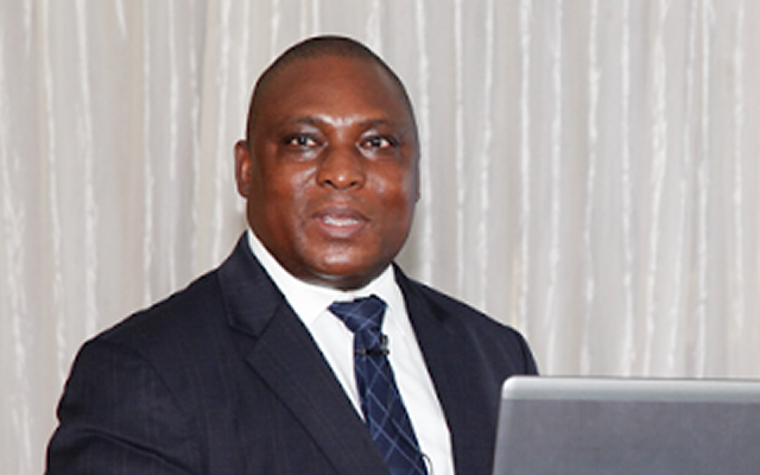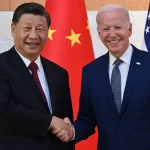 The Reserve Bank of Zimbabwe governor John Mushayavanhu says street money changers who cash in small amounts like US$5 or US$10 cannot destabilise the country’s new currency the Zimbabwe Gold (ZiG), but they are being arrested because what they are doing is illegal.
The Reserve Bank of Zimbabwe governor John Mushayavanhu says street money changers who cash in small amounts like US$5 or US$10 cannot destabilise the country’s new currency the Zimbabwe Gold (ZiG), but they are being arrested because what they are doing is illegal.
According to the Manica Post, Mushayavanhu told businessmen in Mutare that changing such small amounts was normal in any economy.
The ZiG was introduced on 5 April and was firming against the United States dollar until yesterday when it dropped to 13.3811 having firmed to 13.2517 on Wednesday from 13.5616 on 8 April when it started trading.
It dropped to 13.4218 today.
The ZiG is backed by gold and other minerals and is falling in tandem with the fall in the price of gold.
The black market rate is said to be between 18 and 21.
“As far as the parallel market is concerned, some of these rates that you are hearing are mere quotations,” Mushayavanhu said. “We have tested this system ourselves. As you know we have the Financial Intelligence Unit, and we unleashed them on the market to pose as forex buyers.
“For example, we tasked them to buy US$100 000 at whatever rate, and they were ready to pay. The FIU team requested to see the US$ first before transferring the funds in the individuals’ bank accounts. From 8am to 8pm they were saying we will avail the money, and at the end of the day nothing materialised.
“If these transactions are happening for US$5 and US$10 for people who want to buy airtime, then it is normal in any economy. I don’t think we have a parallel market for meaningful business transactions,” he said.
Asked why police were arresting money changers on the street, Mushayavanhu said:
“People are also saying why are the police being heavy handed in dealing with forex currency traders. From where we sit as a Central Bank, anyone who is trading in forex should have a licence. It is the duty of the police to intervene and arrest those committing offences. The police are there to arrest them because it is illegal for them to sell or buy forex without a licence.
“You will be arrested if you do that. If you try to sell your tomatoes just outside this hotel, the municipal police will arrest you because that is not acceptable. The same is happening to illegal foreign currency dealers,” he said.
Mushayavanhu said the parallel market will eventually die a natural death during the course of the de-dollarisation roadmap. Under the roadmap the central bank intends to see local transactions rise from the current 20% to 50% by 2026.
“The market is dollarised to the extent that 80 percent of all transactions currently happening in the country are in USD, and only 20 percent are in local currency. Government has said 50 percent of transactions should be done in local currency, so they are well ahead of us.
“The Central Bank has come up with a roadmap towards de-dollarisation, and as we go towards 2030, we want to do it gradually so that maybe by the end of the year, we are at 70/30, in 2025 we are at 60/40, then in 2026 we are at 50/50 and after that we will not even care to monitor it because it will happen on its own.”
(178 VIEWS)

